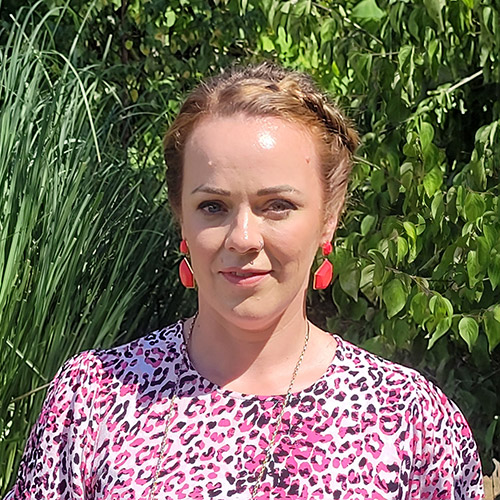Post-traumatic stress disorder
Post-Traumatic Stress Disorder (PTSD) is a mental health condition that may develop after having been through a severely traumatic experience or serious injury. The root cause of distress can be lots of different things for different people, as we all experience and deal with trauma in different ways.
What is PTSD?
Feelings that may have been experienced during the traumatic event include severe distress, fear, humiliation, unsafe, powerless, abandoned and trapped. The traumatic experience could present itself as psychological trauma which contributes to the onset of Post-Traumatic Stress Disorder. People affected by PTSD may find it challenging to process and deal with what has happened which makes it extremely difficult to recover and heal from it. The main symptoms of PTSD include reliving the experience over and over and also avoiding experiences or situations that remind the sufferer of the trauma.


What Causes PTSD?
It’s estimated that 50% of people will experience a trauma at some point in their life and although the majority of people exposed to traumatic events only experience some short-term distress, around 20% of people who experience trauma go on to develop PTSD. That is around 1 in 10 people at some point in their lives. Essentially, PTSD is a memory error caused by a traumatic event and when you experience something really traumatic your body temporarily stops ‘normal operations’ and so temporarily shuts down some bodily functions such as digestion and most importantly, memory processing.
Some experiences that people may have been exposed to that have caused PTSD are:
The list is not exhaustive, and different traumatic experiences could trigger PTSD in different people.
Research has also shown that women have a two to three times higher risk of developing PTSD compared to men.
- Road traffic accidents
- Witnessing a death
- Bullying
- Abuse
- Pregnancy loss
- Burglary
- A situation where you have feared for your life
- Hospitalisation
- Being repeatedly exposed to distressing images or details
- Terrorist attack
Signs of PTSD and symptoms
Responses to traumatic incidents vary in different ways for everyone, but there are some common symptoms that will arise which fall into the following 4 categories:
These are things such as flashbacks about what has happened, recurring nightmares, distressing thoughts or mental images and physical symptoms such as sweating and shaking or feeling pain.
This includes staying away from places or events that are reminders of the experience of trying to keep busy all the time. It would include the use of drugs or alcohol to avoid having to deal with what has happened. The person may not be able to remember what happened in the event, or feel numb while talking about it.
This is when the person becomes very jumpy or is easily startled. They struggle to stay on task and appear to be on very high alert at all times. They suffer from panic attacks and may demonstrate self-destructive or reckless behaviour.
This will be the feelings of distrust and overwhelming negative emotions such as sadness, hurt, anger or guilt. The person may feel like nowhere is safe and will struggle to feel happy.
When we experience stress or traumatic events, we all of course will feel hurt, and upset and find it difficult to process what has happened. We may also feel disconnected from people and struggle to talk about what has happened. If these feelings continue after a few weeks/months and begin to interfere with your daily life, then you may be experiencing PTSD and should consider professional treatment to help support you to overcome this.


What is the treatment for PTSD?
PTSD can hugely impact our quality of daily living, recent evidence and research show that it is possible to treat PTSD, even years after the incident occurred.
There are 2 main types of trauma-focused psychological therapies that are used as a treatment for PTSD. These therapies are Cognitive Behavioural Therapy (CBT) and Eye Movement Desensitisation and Reprocessing (EMDR).
Under the umbrella of CBT, there is a trauma-focused CBT that has been specifically adapted. It is recommended to have 8-12 sessions, each lasting approximately an hour, with the same therapist. CBT will help you to come to terms with the trauma by supporting you in learning the necessary tools to be able to deal with it and move on.
EMDR is a psychological treatment that can help reduce PTSD symptoms. EMDR involves desensitizing the trauma and feelings through making rhythmic eye movements while recalling the traumatic event. The rapid eye movements are intended to create a similar effect to the way your brain processes memories and experiences while you’re sleeping.
Guidelines recommend that sessions are typically provided over 8 to 12 sessions, face-to-face, or online. More may be required if clinically indicated, for example if the patient has experienced multiple traumas.
Clinicians who specialize in treating PTSD
Take a self-assessment Screening
Complete screening questionnaire and we will connect you with a therapist according to your needs and requirement criteria.

















